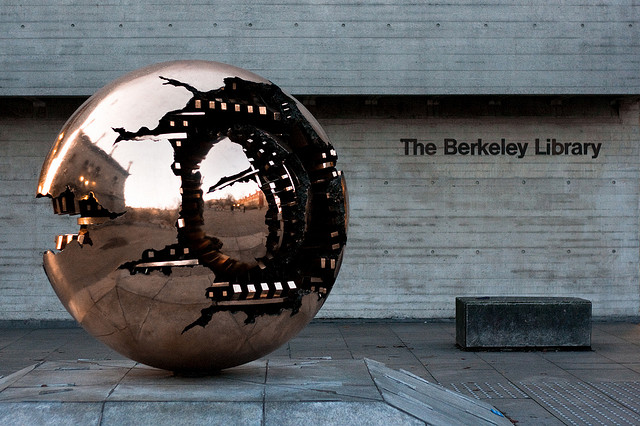Our societies as we knew them, will never be the same again. Adapting to tragic and stressful circumstances, there is vast opportunity for businesses and organisations to improve, innovate and progress. From the leaving certificate debacle and classist connotations surrounding predicted grades, to third-level students sitting exams from home, question marks have arose around the Irish education system.
The pandemic impacted students in drastically different ways and moving forward, lessons learned can be utilised and transformed into positive change. It is the right time to make educational experiences more equal, dynamic, and inclusive – a necessary trope often taken for granted.
Sure, there are access programmes, grants, bursaries and scholarships that aid many students in accessing higher education initially. But once they are inside the college grounds, often following lengthy procedures, there is an indisputable divide.
The faces of university life are often limited to the same general criteria, at times overriding the average student. All students, particularly from marginalised backgrounds and those entering through access programmes, should be able to see people like them in campus life: on society boards, managing extra-curricular activities, running for union roles and contributing to the change-making discussion. Student unions are an amazing addition and reflection of our campuses and should always have dedicated roles for equality issues.
Students are the driving force for a multitude of on-campus changes across the country, from rent freezes and smoke-free campuses, to gender-neutral toilets and improving accessibility. Accessibility for people with disabilities is consistently a major issue, as older parts of campuses are often not wheelchair accessible, featuring countless staircases while maintenance on lifts is not monitored as frequently as needed. It is not the student’s job to be an educator on these issues, on top of their stressful studies. The onus should not be on them to take full responsibility for positive change on a structural level.
The institutions overall, led by those in powerful positions, depict a top-down rather than bottom-up approach. Policies are sometimes implemented first, before engaging with the abundance of qualitative experiences found through students and staff on campus. Institutions must question if everyone feels welcome. One size does not fit all in individuals’ unique situations. Allowing selected students to attend board meetings or contribute to big decision making is a tokenistic effort and not an accurate reflection of everyone’s struggle.
The coronavirus brought new barriers to equality. Online home examinations failed to consider students with limited internet access, or those lacking personal devices. Thrown into the depths of change, universities were uncertain on how to handle mental health difficulties, perhaps prompted by the forced return to home. Library closures meant students had no access to books and restricted online resources.
Thankfully, as the weeks progressed, universities adapted to the circumstances. Student counselling and study supports became available over the phone, and fitness classes uploaded to sports centre websites. Zoom training and a revamp of course curriculums show that maybe the traditional methods are not always the best ones when aiming to achieve equality. Libraries opened limited access to restricted online resources. However, if remote learning is to be solidified as a general practice, colleges must cater to those who don’t have a device through funds or loan schemes.
Money is a huge barrier to equality. Many students are unaware of what supports are available. Universities must ensure the likes of their Student Assistant Funds are being used correctly. If they aren’t, maybe they are not being promoted to the extent they should.
Embodying inclusivity is an essential effort, but not a difficult task. Surveys, questionnaires, feedback forms, consultations and focus groups should all be standard procedure. Inclusivity is the keyword and should always be a focal point in developing new structures and routines. Boards must expand their scope and ask on the ground what needs to change, rather than focus on attracting international students for the image of diversity. Moving away from tokenistic efforts toward true equality requires an understanding of what a group of people need, rather than ticking a box on a committee. We need true representation while recognising and appreciating differences, by listening to students and validating their experience.
So, to answer the question: are Irish colleges truly places of equality? Probably not. According to philosopher John Rawls, equality should not be about treating everyone the same – it should be about treating people differently to give them equal opportunity and a chance at the same result. Ideas like positive discrimination when hiring staff and targeted promotion of supports or resources to students who need it most spring to mind. It all begins on the ground.







